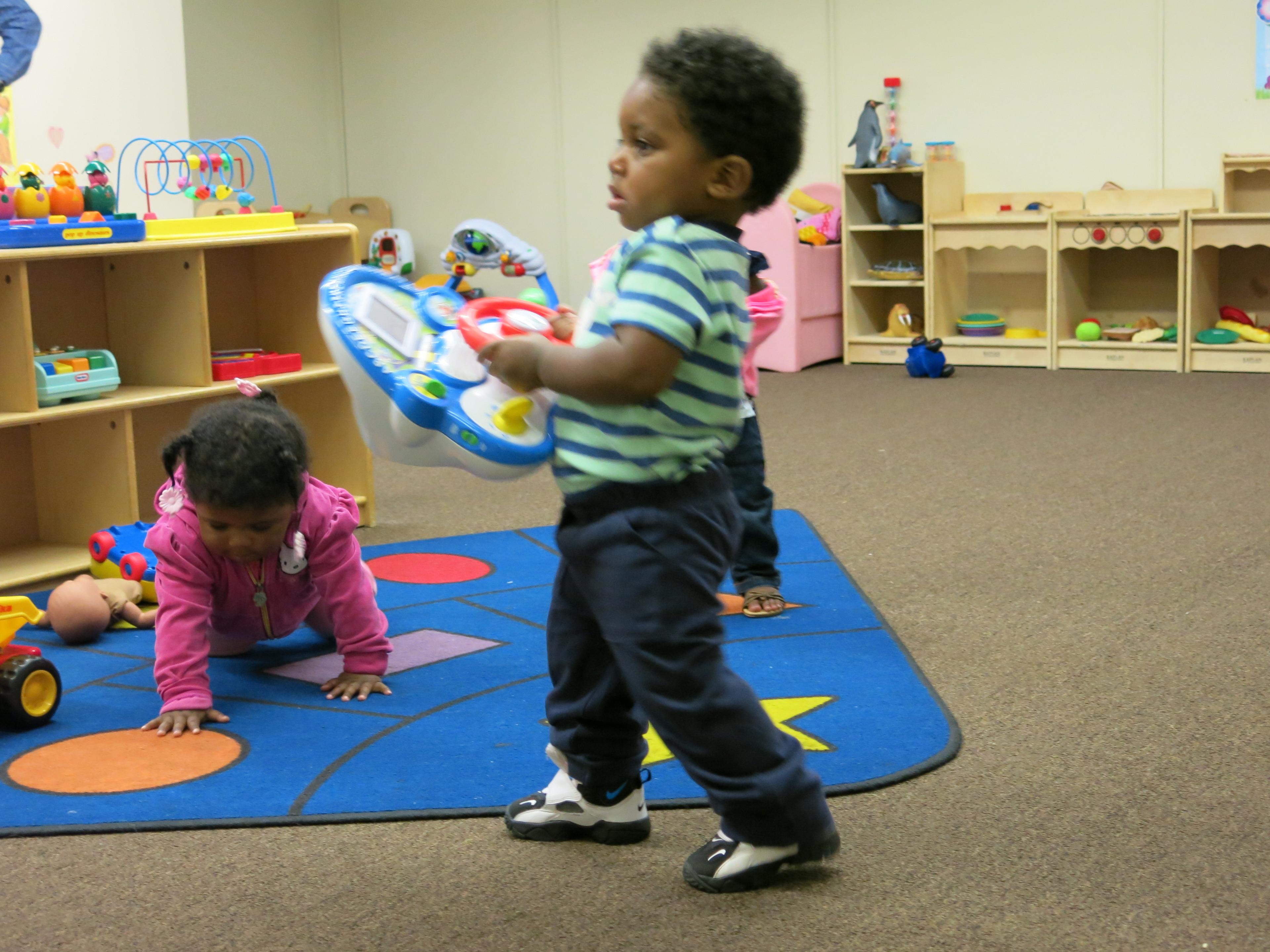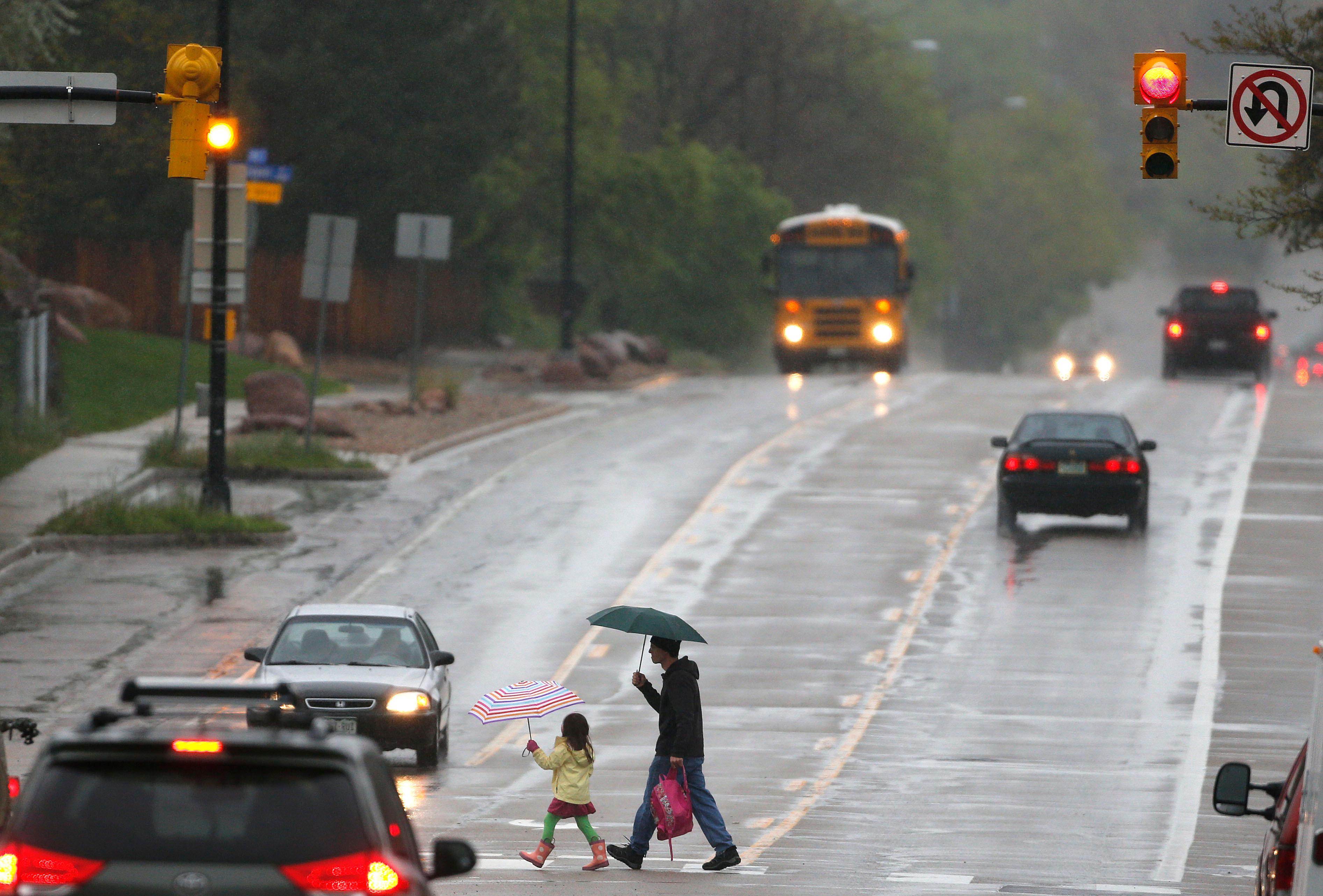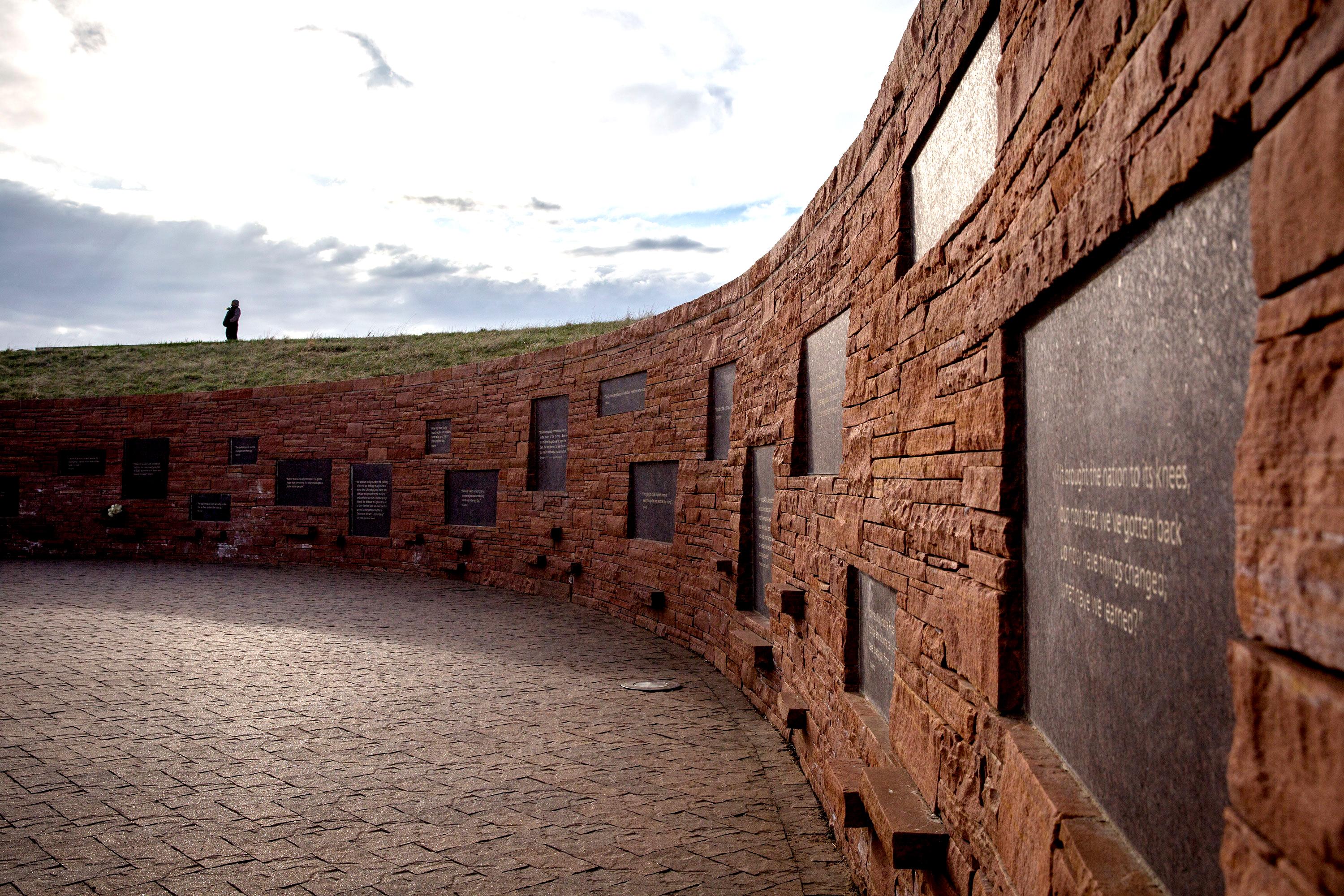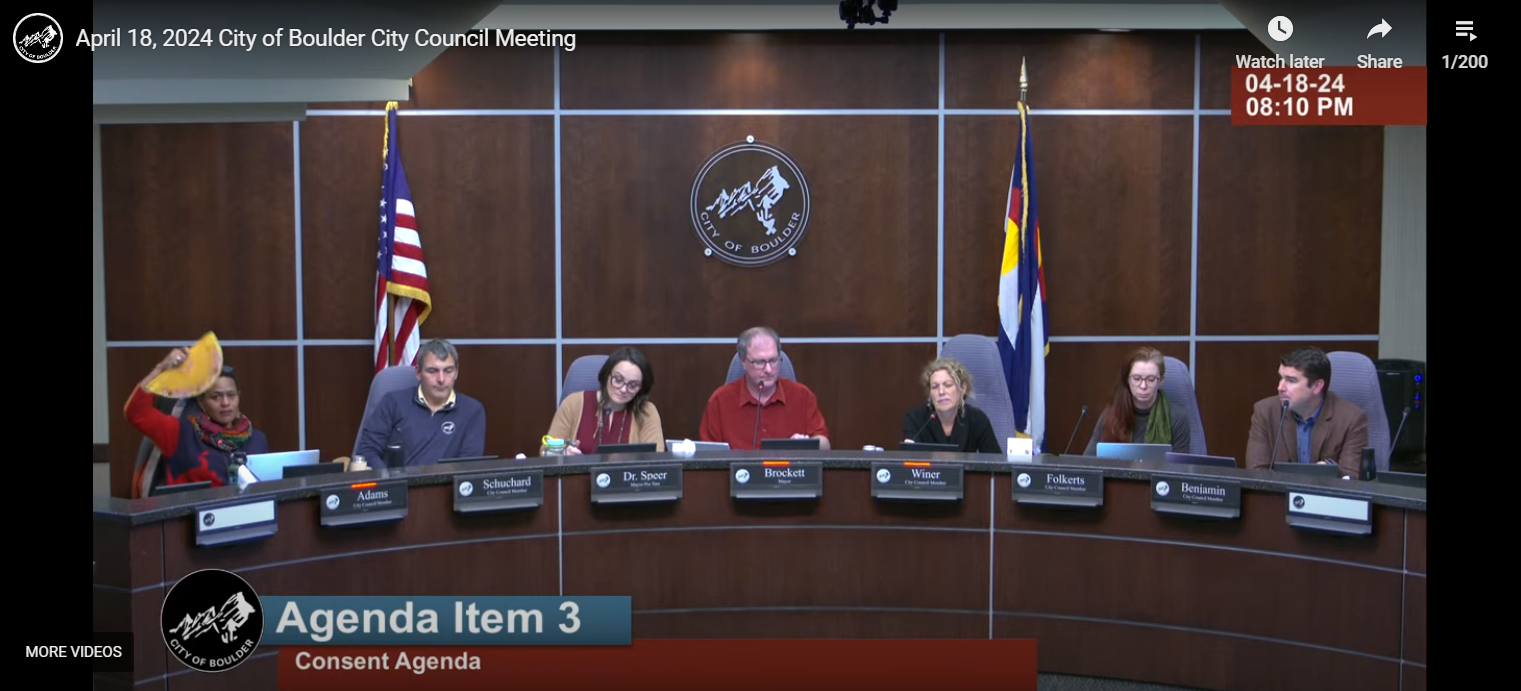
A slate of recommendations released by a coalition of public policy groups in early December aim to make child care more available and affordable in Colorado. They also reminded us of a point some of you raised in an earlier story on the issue as part of CPR’s coverage of children growing up poor in Colorado. (State subsidy cause's some of Colorado's 'day care deserts,' providers say).
Throughout the story, the terms “day care” and “child care" were used interchangeably. As the reporter, my goal was to avoid sounding too repetitive, sort of like alternating the words “movie” and “film” in a story about Hollywood. And let’s be honest “day care deserts” has a nice alliterative ring that “child care deserts” just lacks.
For what it’s worth, the dictionary definitions of ‘day care’ and ‘child care’ are extremely similar, but conflating those two terms didn’t sit well with some of our listeners and readers.
Reader Beth Ferrano posted "NPR - please call it "child care" thank-you from an early childhood teacher."
Someone at the Facebook account for the group Word Verses World also brought up that idea, writing, "I noticed that the term "day care" was used quite often [in the story], and just like we are trying to prove the importance of child care and early learning for a child's development, we also have to be sure the language we use is supportive of this movement."
So what are the advocates of “child care” trying to convey that isn't captured by “day care”? Stacey Buchanan with the child care rating organization Qualistar said many providers feel the term “day care” reduces their role to babysitters: keeping kids safe, but not necessarily providing them with intellectual and emotional development.
“Some of those critics jokingly say ‘it’s not ‘day care,’ days take care of themselves,” Buchanan explained. “It’s more about the child and the experiences those children are having when they’re in those environments.”
For Bill Jaegger with the Colorado Children’s Campaign, another reason to use ‘child care’ is that it’s more respectful to the people working in the field, who are often required to have specialized education.
“I think what it does is sort of say, ‘we want to elevate this profession and recognize the contribution they’re making to the health and development of children,’” Jaegger said.
Language continues to evolve though, so even the term child care may be on its way to passé. Many centers are starting to call what they do “early care and education.”
Sharon Knight, President of Warren Village, a Denver nonprofit which provides housing and child care to low-income single-parent families, explained, “We’re not just a provider of someone who will watch them and keep them busy. We really want to help them grow.”
We heard your comments and going forward we will be more mindful of the subtleties between the definitions of day care and child care and we will use the most appropriate term for the story.
What do you think? Are these terms important? Is there one you prefer that maybe we haven’t even thought about yet? Let us know in the comments below.









